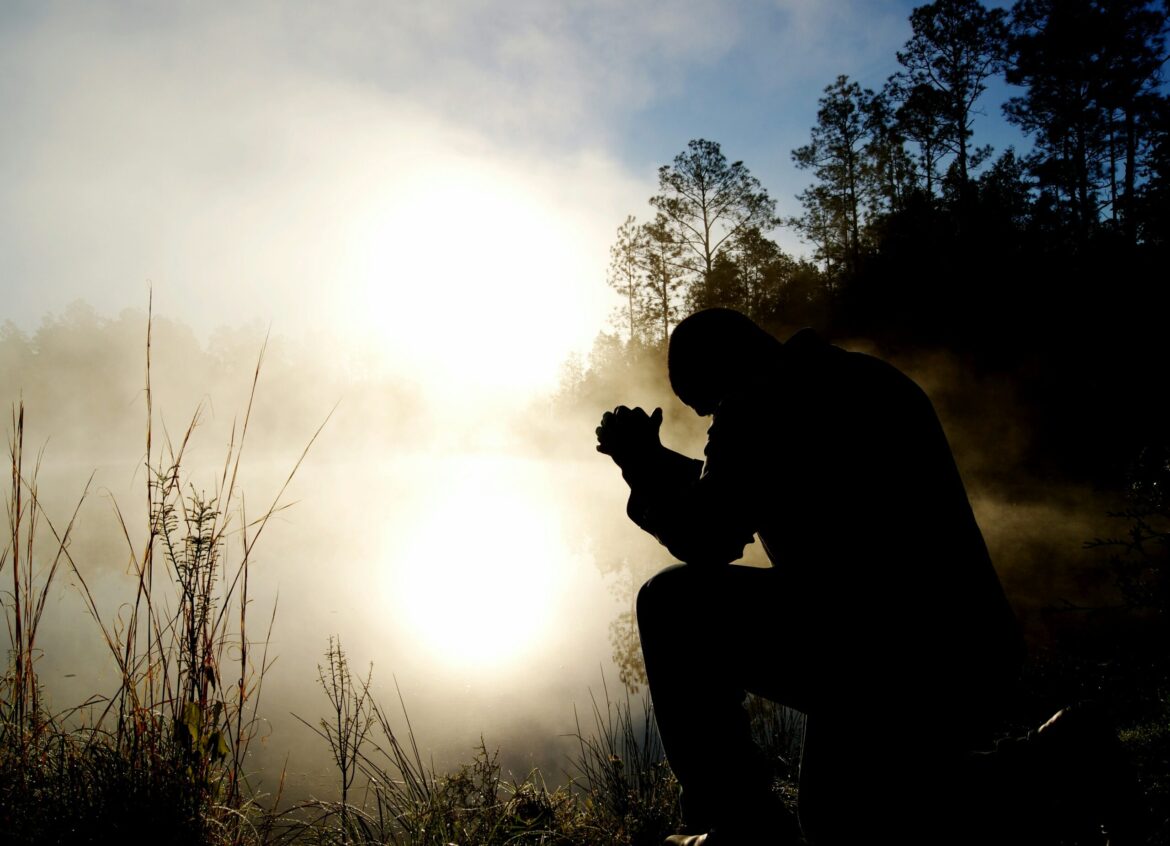The first seed falls on the path—hard, compacted, and exposed in the Parable of the Sower. The birds swiftly eat it up before it can take root. Jesus explains that this represents the person who hears the Word but doesn’t grasp it, and the evil one snatches it away Matthew 13:4-19, AMP. This isn’t just a personal issue. Many rural communities share this same hardened condition, worn down by history, trampled by poverty, and crushed by religious routine without renewal. Yet even the hardest ground can be broken up.
Trials: Tools of Divine Mercy
Within the agricultural society of ancient Israel, sowing was a familiar concept, symbolising preparation and investment for a future harvest. Biblically, righteousness means living according to God’s laws and commands, as stated in Deuteronomy 6:25, AMP. The call to “sow” implies that righteousness is not automatic, but rather requires deliberate effort and commitment on our part.
We often perceive trials as setbacks; however, in God’s hands, they can serve as tools of mercy. It’s remarkable how life’s challenges—such as loneliness, personal crisis, drought, disease, loss, or uncertainty—have the power to soften and open our hearts to listening. The hardness of our hearts begins to crack. In rural areas, social and personal hardships frequently awaken a spiritual hunger. People start to ask questions and cry out for help. These moments of pain may be the very plough God uses to prepare the soil, Hosea 10:12 AMP. As we work and walk with hurting individuals, let us learn to view trials not as suffering to be alleviated but as soil being turned, creating opportunities for truth to take root.

Photo: © ColinCarmichael/Flickr
Prayer That Softens the Ground
Unploughed ground symbolises hardness and neglect, symbolising areas of life resistant to God’s influence. Jeremiah 4:3, AMP calls us to break up fallow ground, which signifies repentance and readiness for God’s word. This preparation is essential for true transformation and growth in righteousness. Prayer acts like rain on dry fields, penetrating where human efforts cannot.
When we pray for hardened hearts and affected communities, we invite the Spirit of God to work deeply. This call to break up soil requires an active response linked to divine power. Prayer changes the soil in unseen ways, preparing hearts to understand. We need prayer warriors for rural transformation—individuals who will walk the fields, visit homes, and intercede with faith and persistence.
“God breaks the ground through trials. He softens it through prayer. He renews it through repentance.’’
Repentance That Heals the Land
Breaking up hard ground begins with repentance. Where sin reigns, pride hardens, and religion grows cold, repentance softens. It humbles and invites restoration. Seeking the LORD requires prayer, repentance, and a genuine wish to know and follow Him. This promise emphasises God’s role in granting righteousness. Repentant individuals guide communities away from greed, division, corruption, and neglect, Galatians 6:7-9, AMP. In rural development, repentance manifests as honesty over bribery, forgiveness over grudges, and worship over idolatrous traditions. This prepares the way for God’s Word to bear fruit.
It’s easy to dismiss dry ground. Sometimes we scatter the Word, see no results, and move on. But God doesn’t abandon hardened soil—and neither should we, James 3:18, AMP. He breaks the ground through trials, softens it through prayer, and renews it through repentance. Over time, even paths can become fields. Let us not grow weary in preparation; the harvest relies not just on the seed but on the soil. With God, no soil is beyond hope.
Prayer:
Father, we surrender the hardened places in our lives and our communities before your throne of grace. We ask You to break the unplowed ground, to send the rain of Your Spirit, and to bring us to true repentance. Prepare us to receive Your Word and to grow in righteousness. In Jesus’ name, Amen.
Cover Photo: © Aaron Burden/Unsplash
Last updated August 2025
(aSaC/ Olive Bexten)

